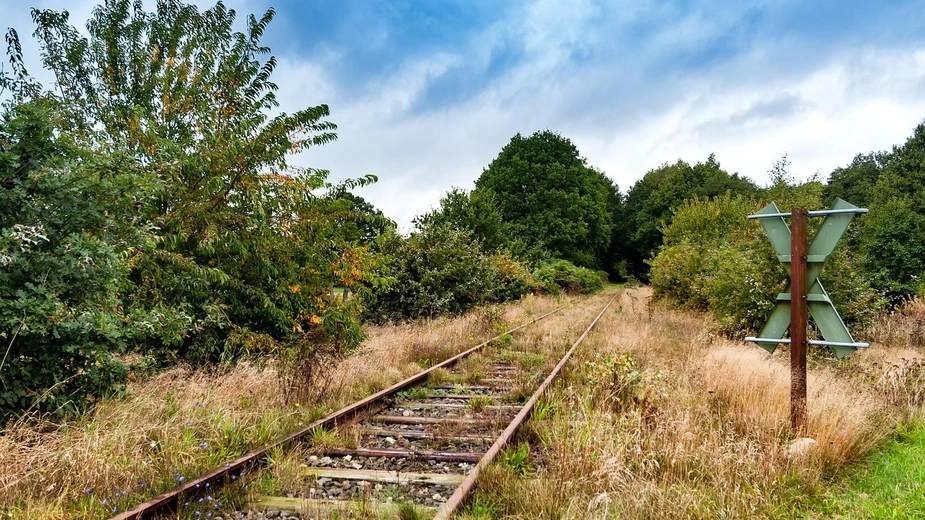DLR reveals ways to overcome transport poverty
Institute of Transport Research is investigating developments in transport poverty in Hesse
Achieving climate goals and avoiding transport poverty at the same time—a challenging task for policymakers. A study by the DLR Institute of Transport Research, commissioned by the Hessian Scientific Climate Council, has now investigated how this can be accomplished in Hesse. The study is based on the 2018 Income and Consumption Survey (EVS) and the 2017 Mobility in Germany Survey (MiD).
Mobility poverty is already a problem today, and rising fuel prices can exacerbate it
Almost one in five households in Hesse is already at risk of transport poverty. But what exactly is transport poverty? Transport poverty is a multidimensional phenomenon that can lead to restrictions in people's daily activities, such as leisure, supply, social participation, education, and more.
Such restrictions can arise, for example, due to limited availability and affordability of transportation options or difficult access to relevant destinations, such as workplaces, leisure facilities, or shopping centers. People can also experience restrictions due to the time they spend on their daily commutes, such as when the kindergarten is poorly connected to public transportation or the only train connection involves multiple changes and takes a long time.
The study distinguishes between two types of transport poverty:
Type one relates to the opportunities people have to perform relevant activities within their means. Transport poverty of this type is particularly prevalent among low-income households in rural areas that cannot use a car and have limited access to public transportation. Type two relates to the financial burden of mobility, when the costs of mobility are so high that they excessively strain the household budget.
The study's findings show that the number of households affected by Type two transport poverty in Hesse can increase further with rising fossil fuel prices, and even middle-income groups can be put under financial pressure.
“If fuel prices rise, as intended by the EU's climate policy instrument ETS 2, we expect transport poverty to worsen. To avoid social hardships due to climate protection measures, it is essential to implement targeted measures in a timely manner to relieve affected households. At the federal level, the climate allowance has been discussed for several years. At the state level, there are additional approaches to reconcile the fight against transport poverty and climate protection,”
says Dr. Kerstin Stark, project leader of the study.
Recommendations for action for a socially just climate policy
The study identified three starting points for measures that can reduce transport poverty and achieve climate policy goals: reducing car dependency, spatial planning and organizational measures aimed at shortening and flexibilizing routes, and financial relief for households.
Each level of government has different influence options. At the state level, laws, guidelines, and funding instruments can help support municipalities in implementing measures against mobility poverty. Suitable measures include promoting social infrastructure and neighborhood networks in rural areas, incentivizing municipalities to develop their commercial and residential areas with the goal of reducing traffic, and promoting mobility vouchers and social car-sharing in rural areas. Generally, improving public transportation in rural areas can help combat both types of mobility poverty.
“We focused on the state of Hesse in this study, but the findings can be applied to other states as well. Due to significant differences between states, it would be better to investigate each state in depth to identify spatial, social, and political-administrative differences and derive tailored recommendations for measures. We welcome inquiries from other states,”
adds Dr. Kerstin Stark, project lead.
The study is available on the website of the Hessian Scientific Climate Council (PDF download in German).
Additionally, the Institute of Transport Research has already conducted a study on behalf of the Agora Verkehrswende, which addresses the topic of transport poverty and social participation in Germany under the title “Transport Poverty and Social Participation in Germany”.
Contact:
German Aerospace Center (DLR)
Institute of Transport Research
Digital Transport Planning
Rudower Chaussee 7, 12489 Berlin
www.dlr.de/vf/
DLR press release, 17.09.2025
